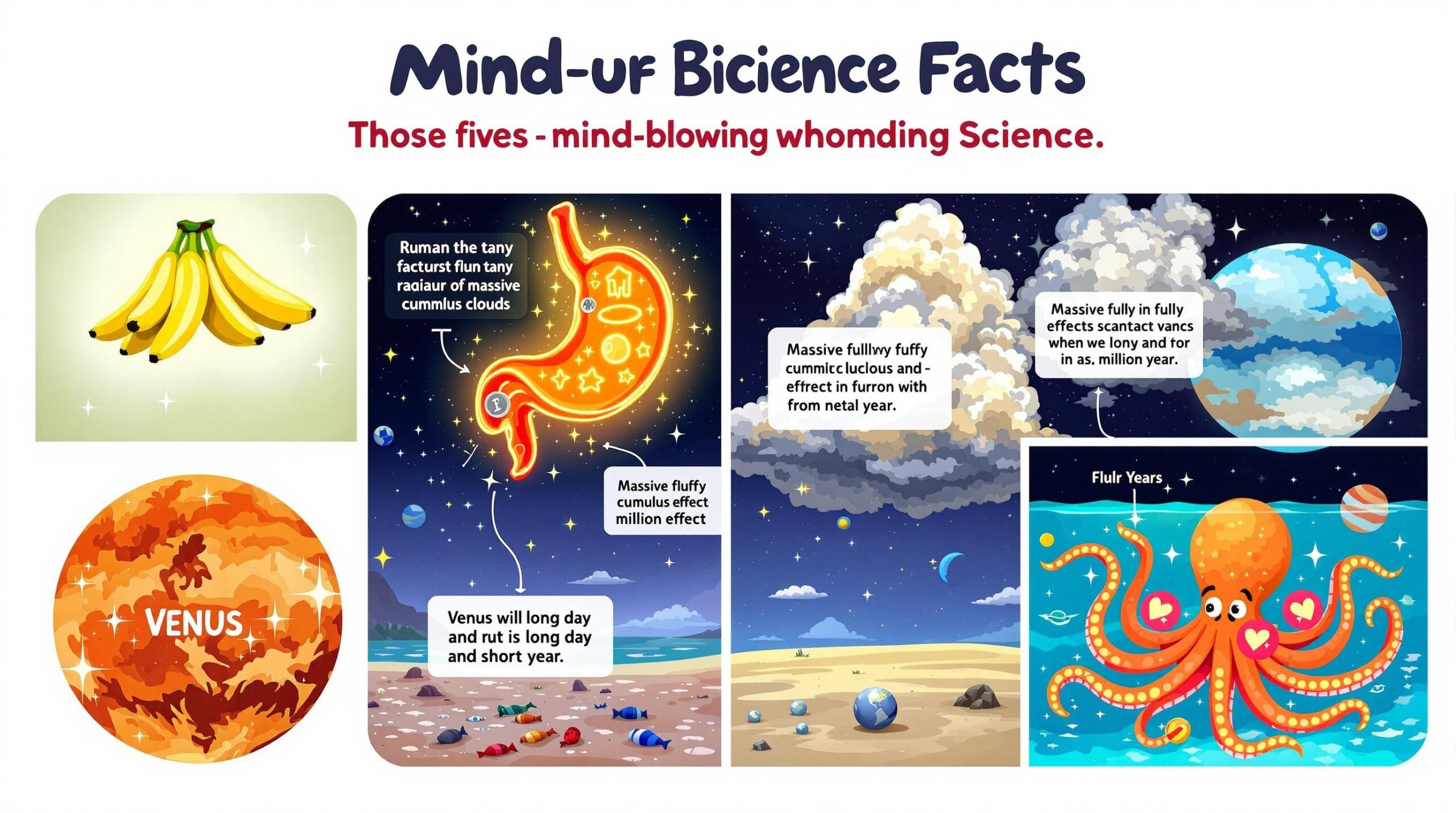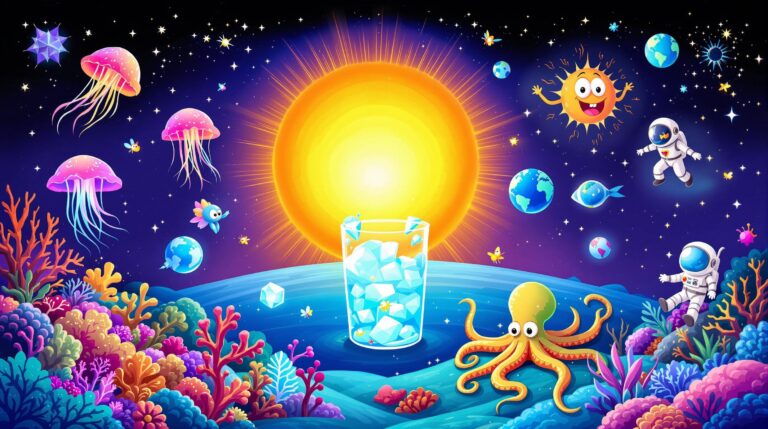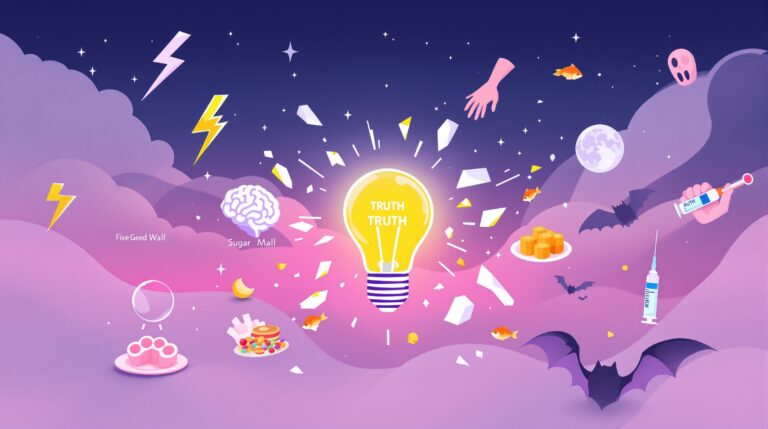Top 5 Mind-Blowing Science Facts Every Student Should Know
Mind-Blowing Science Facts
Science is full of surprises that make you rethink the world around you.
For students, learning about biology and other sciences isn’t just about memorizing facts—it’s about uncovering truths that spark curiosity and inspire exploration.
This listicle dives into five incredible science facts that will amaze you and deepen your love for biology and beyond. From everyday fruits to distant planets, these facts show how fascinating the natural world is. Let’s explore these wonders together!
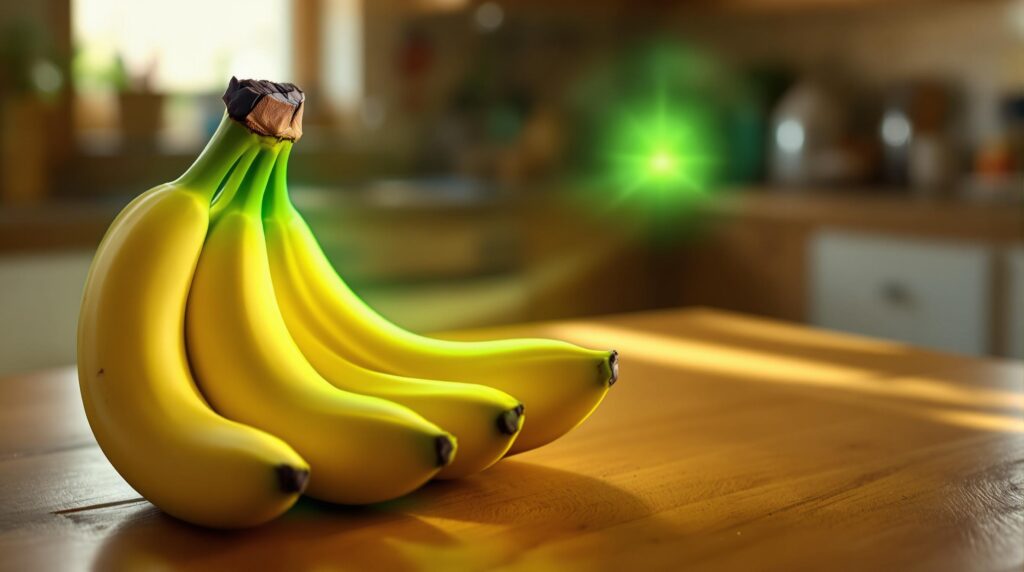
1. Bananas Emit a Tiny Bit of Radiation
Grab a banana for a snack, and you’re holding something slightly radioactive. Bananas contain potassium, a vital nutrient, and a small amount of it exists as potassium-40, a naturally occurring radioactive isotope.
This tiny radiation comes from Earth’s formation billions of years ago, when elements like potassium-40 became part of the planet’s crust and, eventually, our food.
Don’t worry—this radiation is harmless. The amount in a banana is so small that you’d need to eat millions at once to notice any effect.
Scientists use bananas as a fun way to explain radiation, comparing it to other sources like medical X-rays. For biology students, this fact connects to chemistry, showing how elements work in living things.
It’s a reminder that science is everywhere, even in your lunchbox.
This fact also opens the door to learning about isotopes—atoms of the same element with different numbers of neutrons. Potassium-40 decays slowly, releasing particles, but it’s a natural process that’s safe in small amounts.
Bananas also provide nutrients like vitamin B6, which supports brain health, tying into biology lessons about nutrition and evolution.
Next time you eat a banana, think about the science behind it—it’s more than just a tasty fruit.
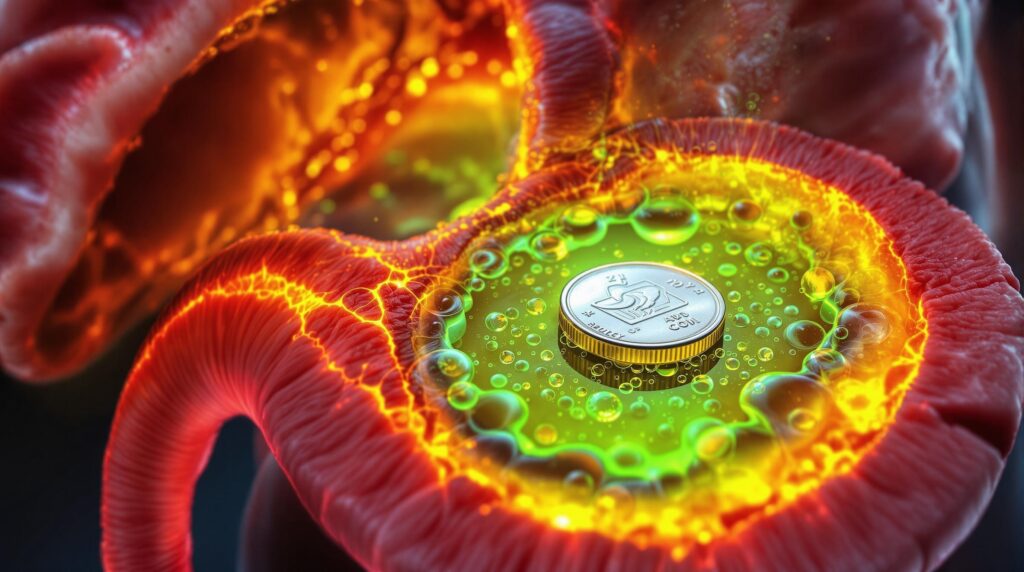
2. Your Stomach Acid Can Break Down Metal
Imagine accidentally swallowing a small metal object, like a coin. Your stomach’s powerful acid could start dissolving it.
The stomach produces hydrochloric acid, creating an environment with a pH as low as 1 to 3—strong enough to break down food, kill bacteria, and even corrode some metals over time.
This acid’s strength is a marvel of biology. Your stomach lining has a protective mucus layer to keep the acid from harming you, balancing its power.
For students, this fact highlights the digestive system’s complexity, where acids and enzymes work together to process what you eat.
It shows how the body adapts to handle tough tasks, like breaking down proteins or fighting germs.
Learning about stomach acid connects to chemistry’s pH scale, where lower numbers mean stronger acids. It’s a practical way to understand chemical reactions in your body.
This fact also sparks interest in health, showing why doctors study acid imbalances for conditions like ulcers. It’s a vivid example of how your body is a living laboratory, performing incredible feats every day.

3. Clouds Weigh Millions of Pounds
Look at a fluffy cloud drifting across the sky—it seems weightless, but it can weigh as much as a million pounds, like a herd of elephants floating above you.
Clouds are made of tiny water droplets or ice crystals formed when water vapor condenses in the atmosphere. These droplets add up, creating massive weight.
Clouds float because their tiny droplets are spread out and supported by rising warm air.
A typical fluffy cumulus cloud holds thousands of gallons of water, while larger storm clouds carry even more.
This fact introduces students to meteorology, showing how the water cycle works—evaporation, condensation, and precipitation shape our weather.
For biology students, clouds connect to environmental science, as they influence ecosystems by delivering rain. Understanding their weight makes the water cycle feel real and urgent, especially when thinking about climate change’s impact on weather patterns. Next time you see a cloud, picture its hidden weight and the science keeping it aloft.
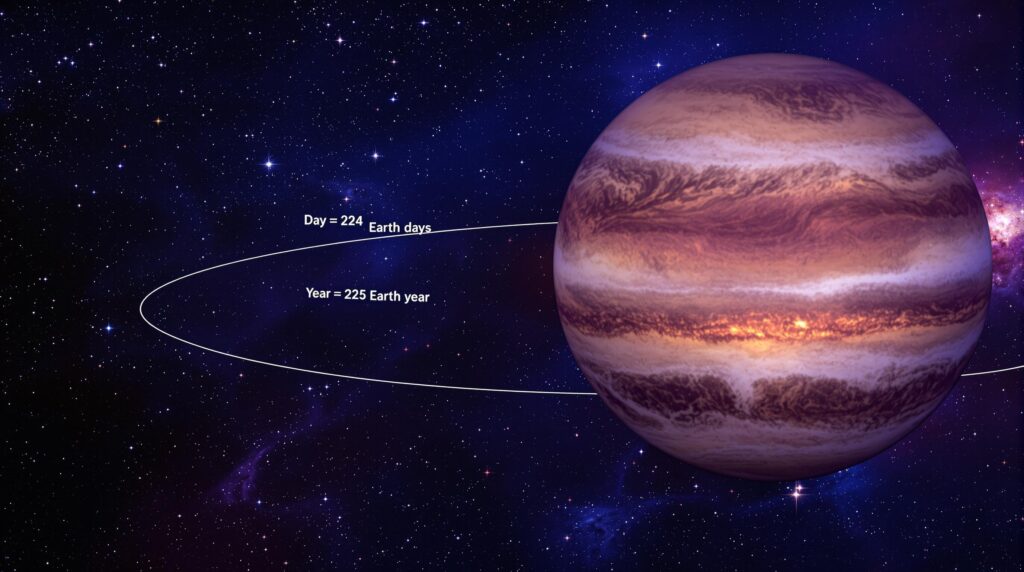
4. A Day on Venus Lasts Longer Than Its Year
Venus, our closest planetary neighbor, has a bizarre quirk: one day on Venus takes longer than its year.
A single rotation on its axis takes about 243 Earth days, while Venus orbits the Sun in just 225 Earth days. This means a day on Venus outlasts its year.
This oddity comes from Venus’s slow rotation, possibly caused by an ancient collision that flipped its spin direction. Unlike Earth, Venus spins backward, making its days feel endless.
Its thick atmosphere traps heat, making it the hottest planet at over 800°F, adding to its alien nature.
For students, this fact brings astronomy to life, showing how planets differ in their orbits and rotations.
It connects to physics concepts like gravity and motion, making abstract ideas concrete. Imagine standing on Venus, watching the Sun rise slowly—it challenges how you think about time and space, perfect for inspiring science projects or debates about life on other planets.

5. Octopuses Have Three Hearts
Octopuses are among the ocean’s most remarkable creatures, boasting three hearts to power their active lives. Two hearts pump blood through the gills to pick up oxygen, while the third sends it to the rest of the body. This unique system supports their quick movements, camouflage tricks, and sharp intelligence.
Their blood uses a copper-based molecule called hemocyanin, which works better than our iron-based hemoglobin in cold, low-oxygen waters. This gives their blood a blue tint when oxygenated.
For biology students, this fact showcases evolution’s creativity, designing a circulatory system perfect for a sea creature’s needs.
Octopuses also have problem-solving skills, rivaling some mammals, thanks to their efficient hearts and complex nervous system. This makes them a favorite in marine biology, encouraging students to explore ocean life.
Picture an octopus escaping a trap or changing color—it’s a living example of nature’s ingenuity, urging you to respect and protect marine ecosystems.

